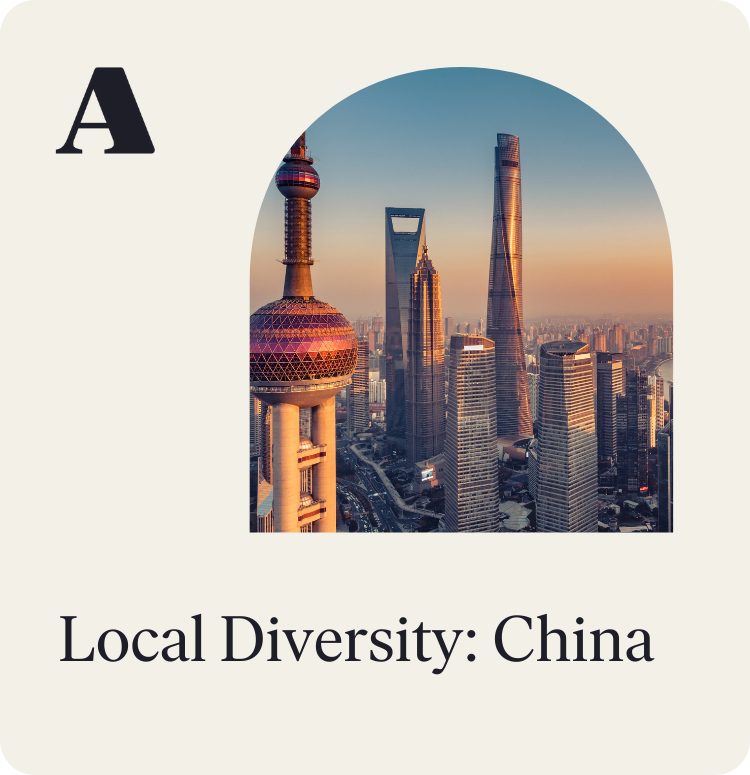This website uses cookies so that we can provide you with the best user experience possible. Cookie information is stored in your browser and performs functions such as recognising you when you return to our website and helping our team to understand which sections of the website you find most interesting and useful.
Diversity, Equity, and Inclusion (DEI) initiatives are becoming more common in China. Rather than directly importing a U.S.-centric approach based on values such as individualism, initiatives tend to be most successful when they focus on expanding inclusivity related to internal migration, intergenerational understanding, empowerment of women, and LGBTQ+ employees.
Enter your information below to download the Featured Insight on China.

